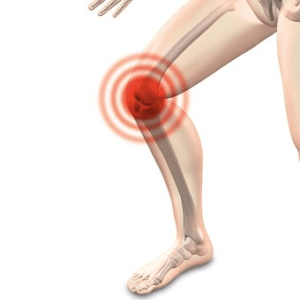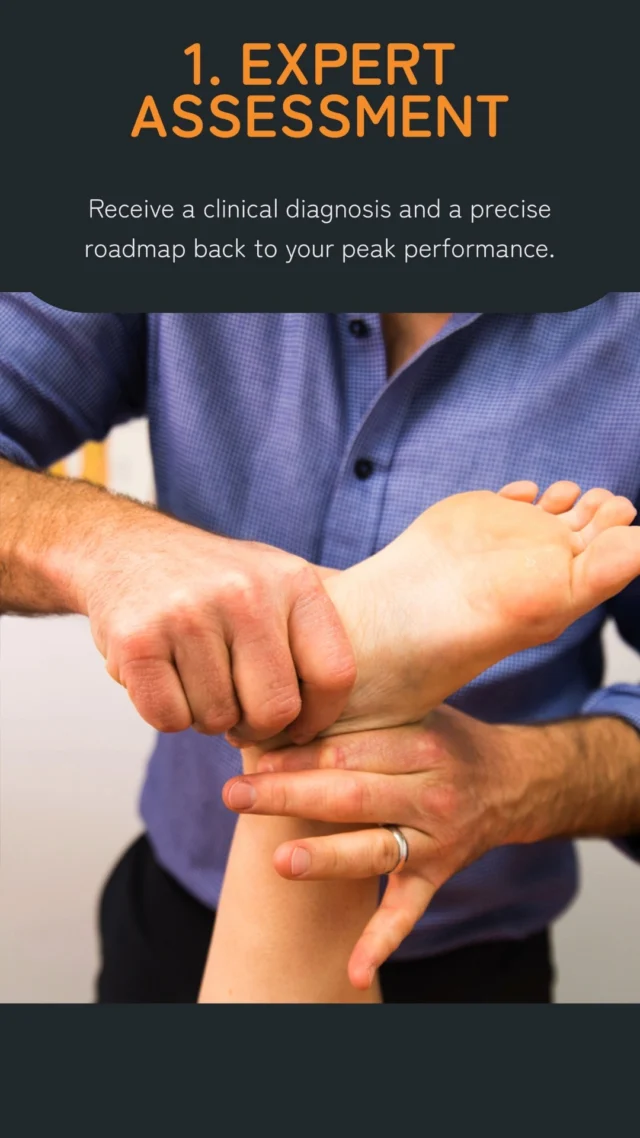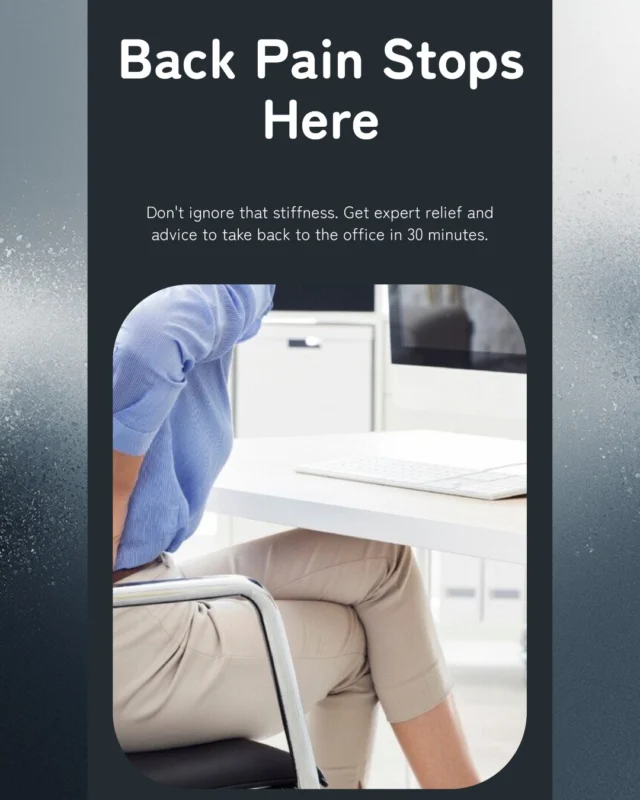 A common question I get asked in our Physio clinic is “Why does my knee click when I crouch down?” People often associate the clicking of a joint with having a worn-out bony surface, and therefore worry about causing more damage to their knee.
A common question I get asked in our Physio clinic is “Why does my knee click when I crouch down?” People often associate the clicking of a joint with having a worn-out bony surface, and therefore worry about causing more damage to their knee.
There are many reasons for a knee to click. It could be due to a loose body, such as cartilage, and/or joint structures rubbing against each other, crepitus or cavitation.
As we learn more about the knee we have realised that sometimes clicking may be something a little less serious, such as fluid cavitating inside the joint. Let me explain a little further why this may not be such a bad thing.
The majority of time, when a knee clicks it is because there is increased fluid inside the joint. Fluid is the medium in which nutrients travel to the joint structures which have little to no blood flow. You can think of this as having a greater ability to hydrate and nourish joints. As you bend your knee, you create a pressure difference between one part of the joint and the other, causing the fluids to move around inside. When the pressure gives, it creates a ‘pop’ or a ‘crack’ sound, which has been proven to be harmless. This is called cavitation.
In fact, the only harm in this scenario is that if a patient with a click in their knee thinks a click means they are damaging their knee, and they avoid doing exercises involving that leg.
As a general guide, if there is no pain, or if you don’t feel unstable in your knee as a result of it clicking, then chances are you aren’t doing any damage, and it’s fine to keep active and use your knee.If you are unsure, however, come in and see us! The Physio’s at Bend + Mend can assess your knees and let you know the best way of managing your clicking knees.





